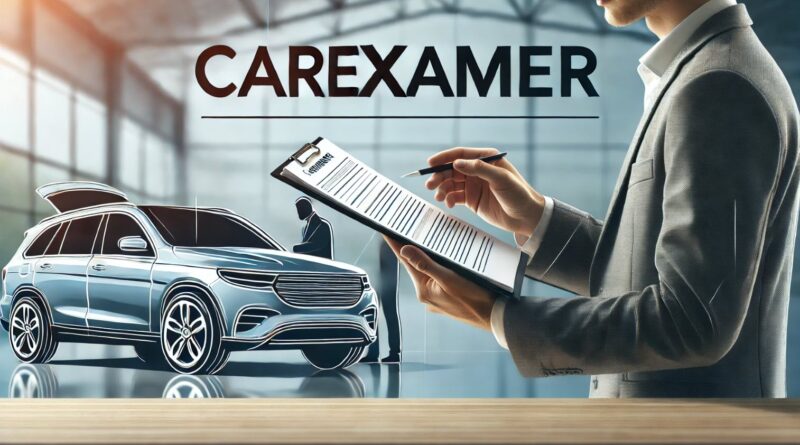Guide Can You Return a Used Car After Purchase?
Here’s a clear and simple guide to help you understand can you return a used car after purchase. Buying a used car can be a great way to save money, but what if something goes wrong after you’ve driven it home? Can you return it and get your money back? The answer depends on where you bought the car and what kind of protections you have under the law.
Bought a Used Car from a Dealer? You’re Covered!
If you’ve bought a used car from a dealer and discover a fault within the first 30 days, the Consumer Rights Act 2015 gives you some pretty strong protection. Under this law, you can return the car and get a full refund if it’s not as described, not fit for purpose, or of unsatisfactory quality.
Key Things to Know:
- 30-Day Rule: If there’s a problem with the car within 30 days of buying it, you can return it for a full refund—no questions asked.
- After 30 Days: If something goes wrong after the first 30 days but within six months, the dealer has a right to try and fix it. If they can’t, you can ask for a refund or get a reduction in price.
- Proving the Fault: You’ll need to show that the problem was there when you bought the car and wasn’t caused by something you did.
The Sale of Goods Act 1979 also gives you some protection. This law states that any item you buy—including a used car—has to match the description given by the seller and be fit for purpose.
Your Rights Under the Sale of Goods Act 1979:
- The car should be exactly as the dealer described it—whether that’s in the ad, in person, or in any paperwork.
- It must be fit for its purpose, meaning the car should be roadworthy and safe to drive.
- The condition of the car should reflect the price, age, and mileage.
Bought from a Private Seller? Different Rules Apply
When buying from a private seller, you don’t get the same protections as you would from a dealer. But you still have some rights.
What the Law Says About Private Sellers:
- The seller must legally own the car and have the right to sell it.
- The car must match the description the seller gave you.
If the car turns out to be misdescribed or the seller didn’t have the right to sell it, you could return it and ask for your money back. But when buying from a private individual, it’s mostly a case of “buyer beware”—meaning it’s up to you to make sure the car is in the condition you expect.
How to Prove the Car Has a Fault or Was Misrepresented
In both cases—whether you bought from a dealer or a private seller—you’ll need to show that the fault or misdescription was there when you bought the car. Here’s how you can do that:
Steps to Take:
- Document Everything: Keep records of any descriptions, photos, or promises made about the car before you bought it.
- Get a Mechanic’s Report: If you discover an issue, having an independent mechanic look over the car and give you a report can help prove your case.
- Act Fast: Especially with dealer purchases, you’ve got 30 days to act if you want a refund, so don’t delay if you find something wrong.
Why You Should Do Your Homework Before You Buy
Whether you’re buying from a dealer or a private seller, it’s important to do your due diligence. Thoroughly inspect the car, ask for its service history, and get a feel for its condition before handing over your money.
If you do find a problem, you’ll need to prove that it wasn’t something you caused after the purchase but was there when you bought it. This might mean getting a written report from a mechanic or collecting other evidence.
In Summary: Know Your Rights
If you buy a used car from a dealer, you’ve got strong protections under the Consumer Rights Act and Sale of Goods Act—especially in the first 30 days. If you buy from a private seller, your rights are more limited, but you can still return the car if it’s not as described or if the seller wasn’t legally allowed to sell it.
Just remember: when something goes wrong, the clock is ticking. Act quickly, gather evidence, and know your rights to make sure you’re protected.
Buying a used VW. Buying used vauxhall, BMW, Jaguar, Ford, Volvo, Range rover, Bentley, Aston Martin, Porsche, Ferrari, Lamborghini, Maserati, Hyundai, Tesla, Honda, Pagani

